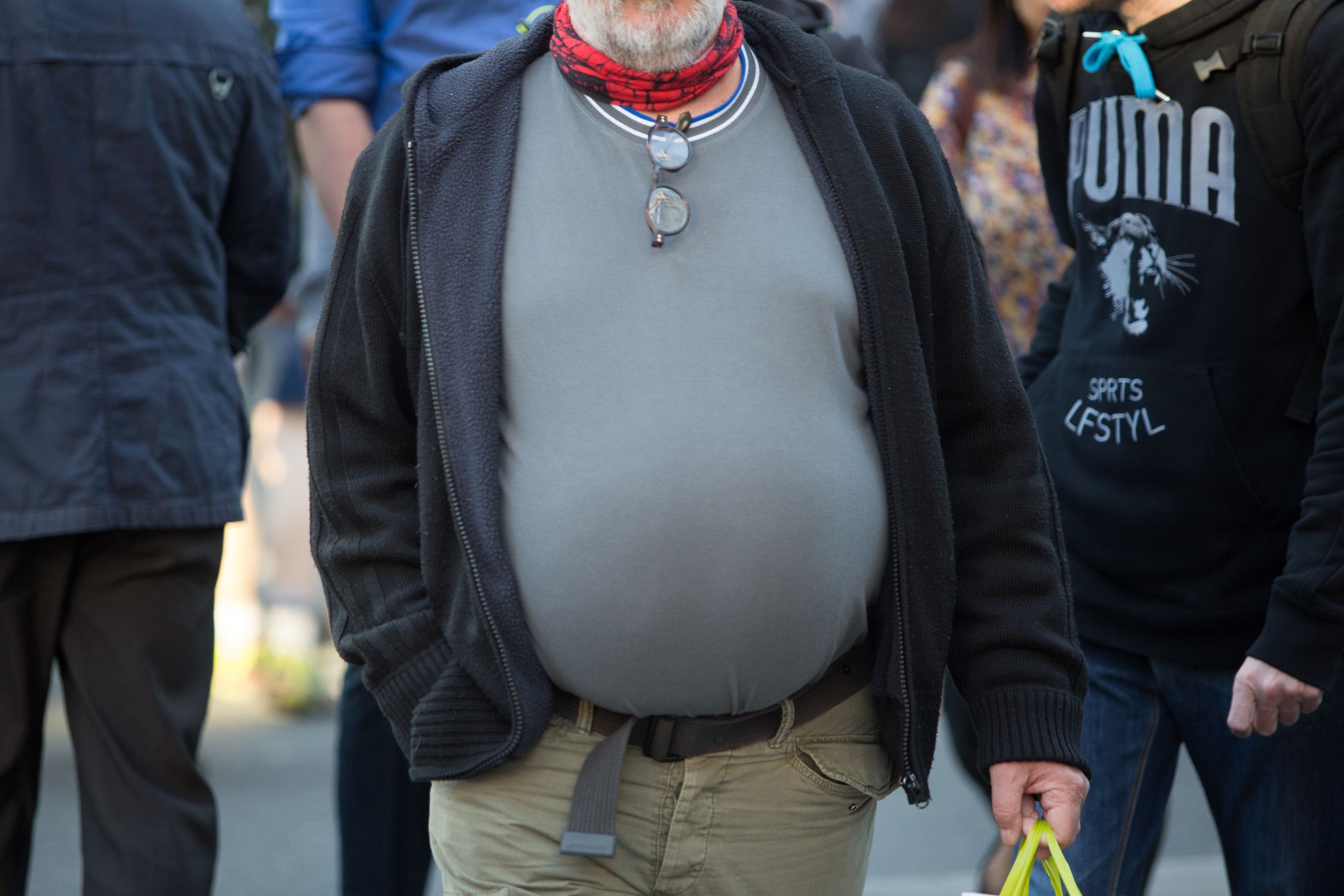Council adopts ‘compassionate’ approach to obesity and rejects weight-loss goals
The council rejects the principle that a certain weight equals healthiness

A Labour council in one of the UK’s most obesity-stricken areas is taking on an “anti-stigma, non-judgmental” approach to promoting weight loss.
Doncaster Council’s new approach aims to alleviate blame from overweight people and respect the “inherent diversity” of body shapes and sizes.
Through an “compassionate approach” which rejects specific and targeted exercise and nutrition goals, the council wants to disregard the idea that a “certain weight equates to being healthy”.
In Doncaster, 72 percent of adults are overweight - a significant higher number than the 64 per cent national average. Almost 30 percent of adults are obese, based on BMI.

The council’s new approach, which is endorsed by the British Medical Association and has been adopted in Cornwall, Bolton and Leeds, will see money go towards improving public spaces and promoting active transport including cycling.
It rejects government guidelines such as five-a-day and 150 minutes of weekly exercise, arguing that “just having that information alone doesn’t have a material impact”.
Rachael Leslie, Doncaster’s director of public health, told The Times that the goals “might not be possible” to achieve for many people.
She claims there is little evidence to suggest weight management programmes make a long-term impact on weight - and that creating “healthy places and healthy opportunities” is the most effective way to improve public health.
Ms Leslie says language focussed on failure and success in achieving goals does not help in boosting people’s self confidence.
“Joyful movement” is Doncaster’s focus, including encouraging residents to use green spaces and setting up group dance classes.
Fit Rovers, a free eight-week course by the Doncaster Rovers charity which includes an hour of education and an hour of exercise each week, is one example of Doncaster’s positive initiatives.
Over 1,300 people have completed the courses, losing a total of 2,738kg (6,036lb) in the process, as well as seeing an improvement in mental wellbeing.
The council is also adopting other measures, such as rejecting planning applications for hot food takeaways near schools.
It believes that there is a strong association with obesity and inequality - with obesity disproportionately affecting disadvantaged communities.
Doncaster’s public health improvement coordinator, Holly Campbell, told The Times that “traditional” approaches to weight management will “cause harm by contributing to weight stigma”.
They also don’t have the desired impact in terms of losing weight long-term, Ms Campbell said.
Traditional approaches may stop people from going to the gym or exercising in public for fear of how they will be perceived, she added.
Chairman of the National Obesity Forum said the move was “very positive” to see a council starting from a “position of respect rather than shaming”.
Join our commenting forum
Join thought-provoking conversations, follow other Independent readers and see their replies
Comments
Bookmark popover
Removed from bookmarks